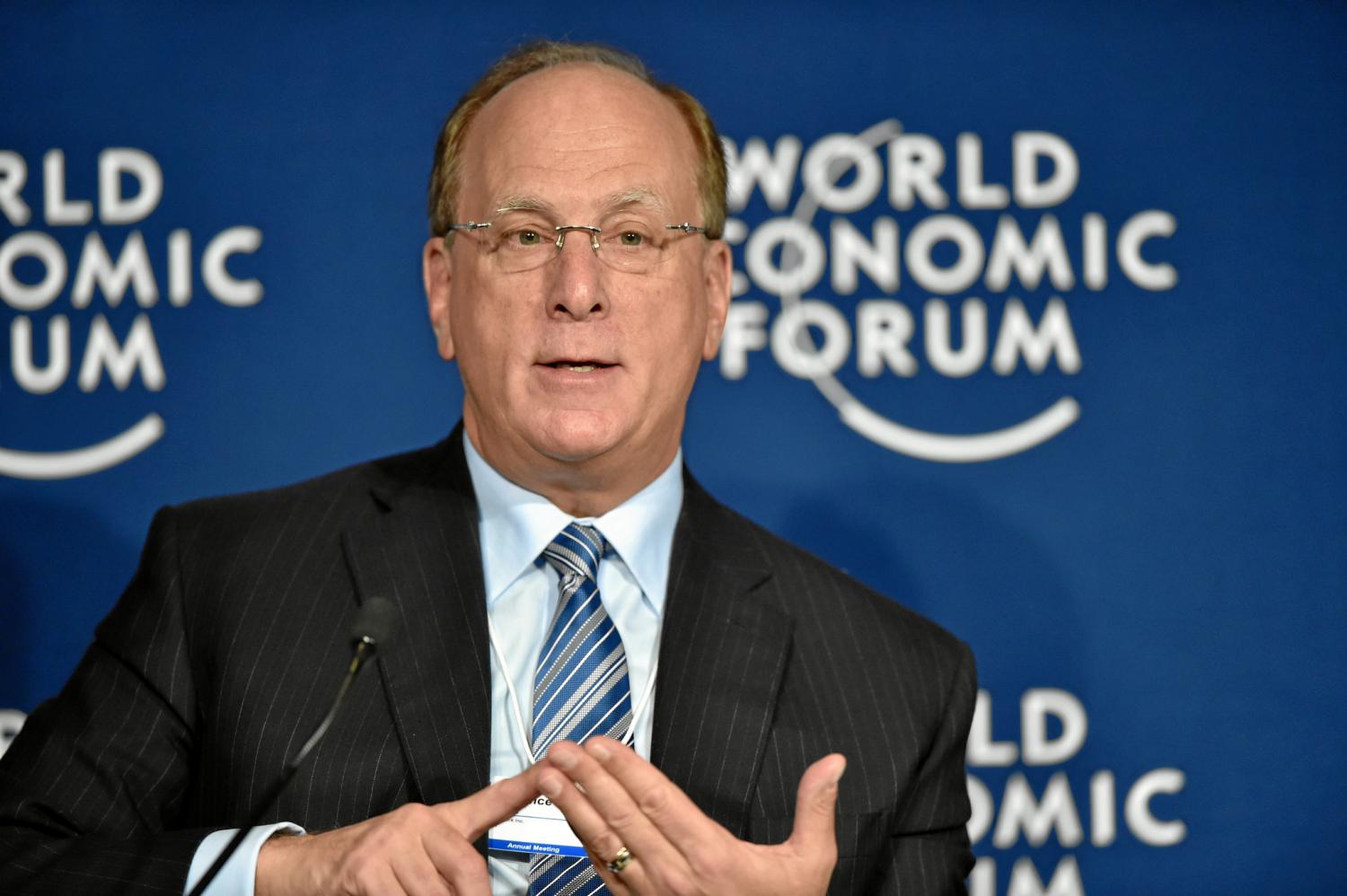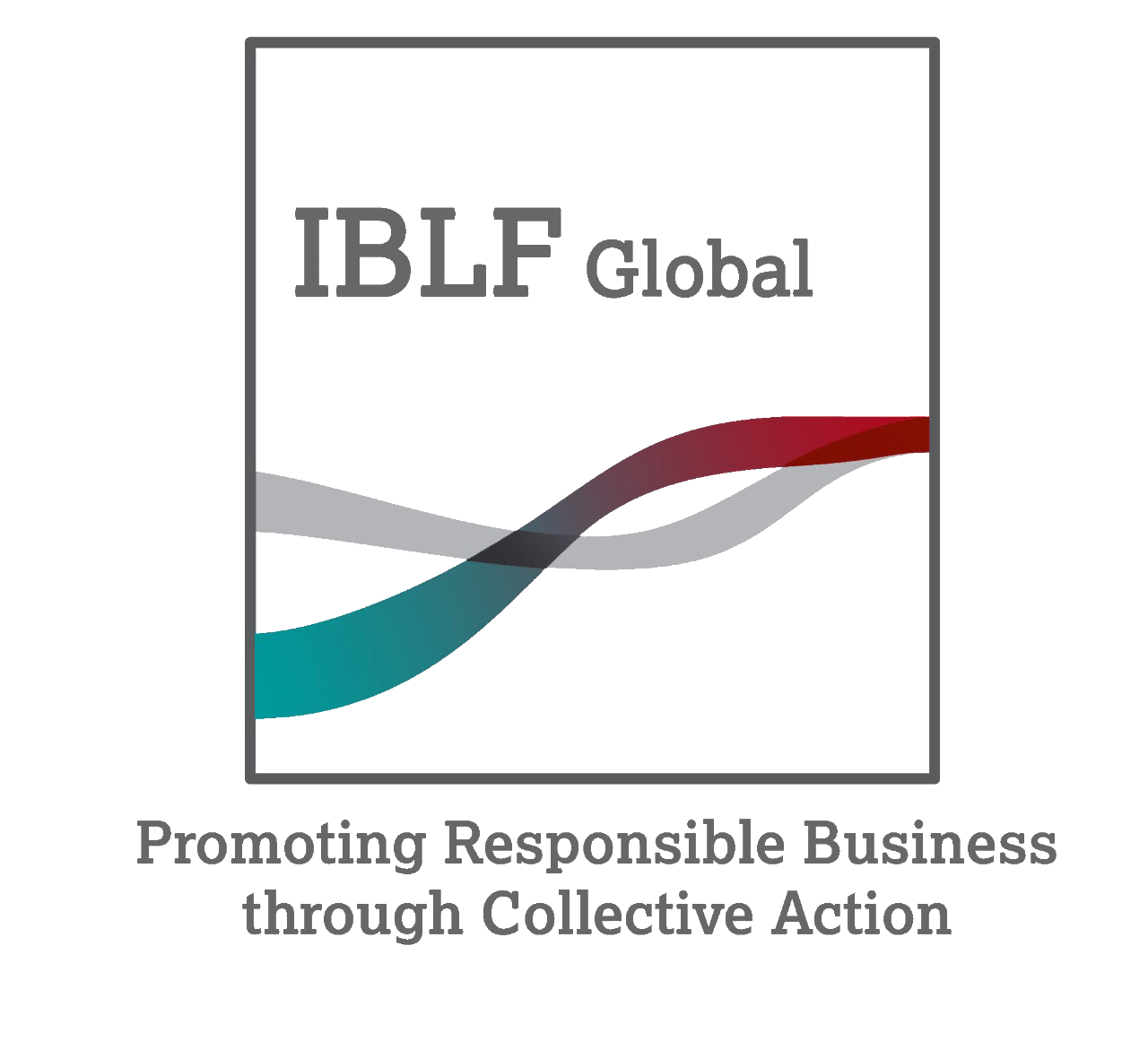Is Larry Fink’s Latest Letter Enough to Move the Needle?

January 27, 2019
This article was written by Amy Brown, professional in business ethics and sustainability, drafted by IBLF Global, published on the Triple Pundit.
The annual letter to CEOs from Larry Fink, the head of BlackRock, the world’s largest money manager which oversees nearly $6 trillion in assets, has become one of the most much-anticipated events in corporate America.
Fink’s 2018 letter, declaring companies should do more than make profits, set off a year of intense discussion in C-suites and board rooms and earned him the mantle of “the new conscience of Wall Street.”
His 2019 letter, Purpose and Profit, was even more provocative, urging corporate executives to step into a leadership vacuum in a divided world. “Stakeholders are pushing companies to wade into sensitive social and political issues — especially as they see governments failing to do so effectively,” he wrote in his new letter.
Fink’s missive is so influential that it even prompted a fake letter days before its release that was picked up by The Financial Times and other media before the hoax was revealed.
The bogus letter, whose origin is unclear, took a stronger stance on climate change, including divesting from coal companies in BlackRock’s actively managed funds, something that environmental activists have long pressured the firm to do. Fink’s actual letter made no such pledge—in fact the term “climate change” never appears.
Purpose strikes a chord
But Fink is adamant about pushing against economist Milton Friedman’s notion that a company’s only social responsibility is its profit. “Profits are in no way inconsistent with purpose,” he wrote. “Purpose is not the sole pursuit of profits but the animating force for achieving them.”
Fink wrote that he had “no intention” of telling companies what their purpose should be. “Rather, we seek to understand how a company’s purpose informs its strategy and culture to underpin sustainable financial performance.”
With 2018 the year where “purpose” was being widely embraced by companies as the new mantra, Fink’s words struck a resonant chord.
“The notion of purpose is not new and is widely held in evolved companies,” Hugh Welsh, CEO of science-based health and nutrition firm DSM North America, told TriplePundit. At DSM, he said, “our purpose instructs every aspect of the organization.”
Welsh said he welcomed the optimism of Fink’s letter. “What I found very forward thinking was the idea that corporate leaders should use their considerable financial, social, political and human capital to drive progressive social change on the issues of the day like climate change, inclusion and diversity, and technology issues.”
Too little, too late?
Fink’s letter “is even more relevant this year,” according to Brook Horowitz, a consultant on business ethics and integrity and CEO of IBLF Global, an NGO promoting responsible business practices. Yet, Horowitz says, he would have liked “more urgency, ambition and vision” in the latest letter.
“Given the chaos in politics and the dire warnings about climate change, one cannot help wondering if it’s not too little, too late,” he told TriplePundit.
When Fink writes that his Investment Stewardship team “has begun to speak to companies about corporate purpose” and how “we have been encouraged by the commitment of companies to engage with us on this issue,” Horowitz said he detects “a hint of complacency.”
“Perhaps he just doesn’t believe that the cultural change will happen in his life-time,” Horowitz told TriplePundit. “Of course, long-termism is fine, but you don’t want it to go on so long as to fail to prevent the collapse of society and the destruction of the planet. Somehow, [Fink] is still operating within his comfort zone, within the bounds of what he feels is feasible and possible.”
Raising a red flag
Fink is not alone in worrying about the state of the world. In his annual letter to investors, influential billionaire investor Seth A. Klarman also raised a red flag about global social tensions as business and political leaders gathered in the Swiss Alps for the World Economic Forum’s annual meeting.
“It can’t be business as usual amid constant protests, riots, shutdowns and escalating social tensions,” he wrote. “Social frictions remain a challenge for democracies around the world, and we wonder when investors might take more notice of this…Social cohesion is essential for those who have capital to invest.”
Pushing for BlackRock to act
Some think that bolder action should start with BlackRock itself. Ethos and other leading proponents of responsible investing wrote to Fink ahead of his annual letter urging him to better align BlackRock’s proxy voting with its stated ambitions on climate change by more broadly supporting climate-related shareholder resolutions.
BlackRock seems to be listening, judging from its announcement last week of a new environmentally conscious money market fund, the BlackRock Liquid Environmentally Aware Fund (LEAF). It would invest primarily in debt from issuers who have better-than-average environmental practices, BlackRock said, and 5 percent of the net revenue from its management fee from the fund would be used to purchase carbon offsets.
Pushing the pendulum faster
In his letter, Fink cited a Deloitte survey in which 63 percent of respondents thought that “improving society” was more important than “generating profit.”
Employees and shareholders have taken that stance in the last year, with employee outrage over Google’s controversial Pentagon artificial intelligence initiative; Microsoft’s contract with U.S. Immigration and Customs Enforcement Program; and shareholder pressure on Amazon’s sales of its facial recognition technology to the government among many examples.
The expectations of millennials may be what really moves the needle. In his letter Fink noted the “largest transfer of wealth in history: $24 trillion from baby boomers to millennials.”
As TriplePundit has reported, millennials and Gen Z are poised to shake up the investment world, with 84 percent committed to socially responsible or impact investing.
“It’s a culture change Fink is advocating at both the company and societal level, and it will take time for it to become mainstream,” Horowitz said.
The question is whether the new generation of investors is willing to wait.

